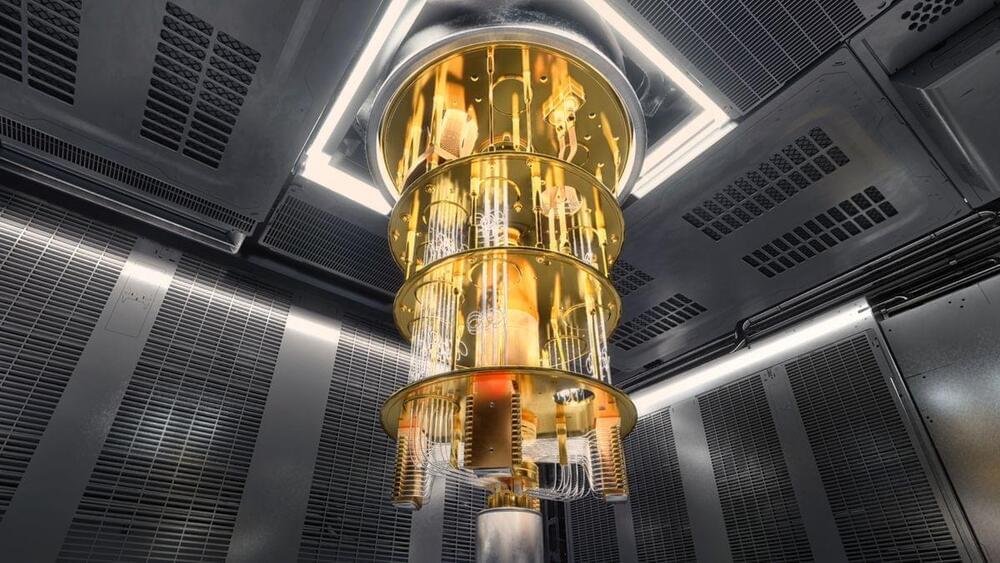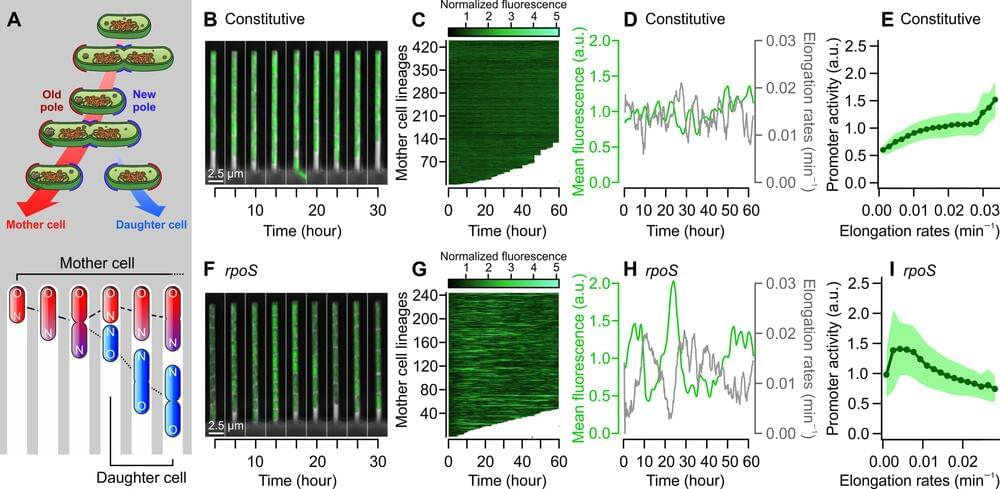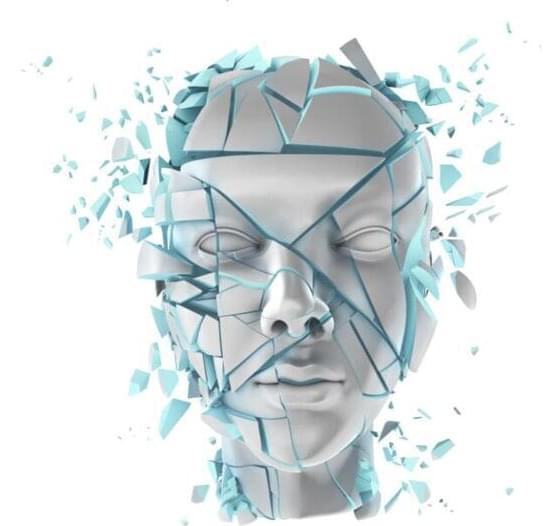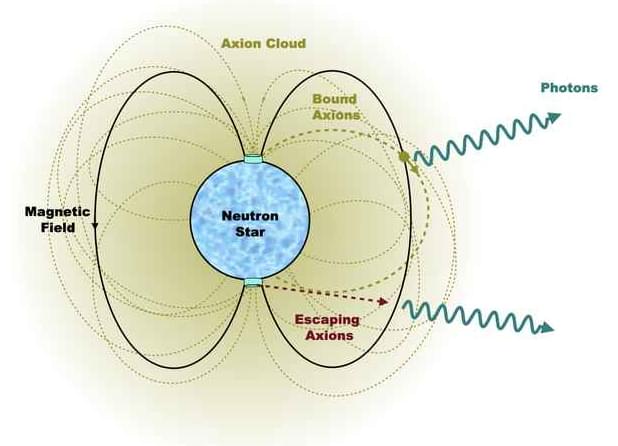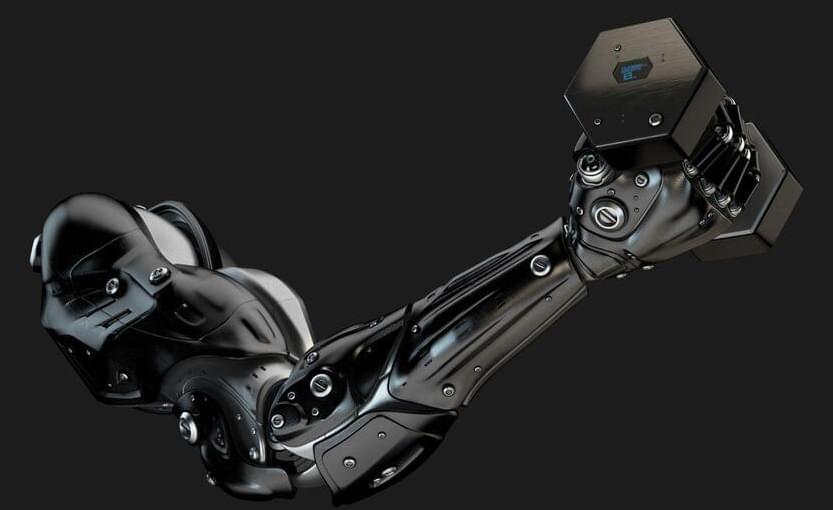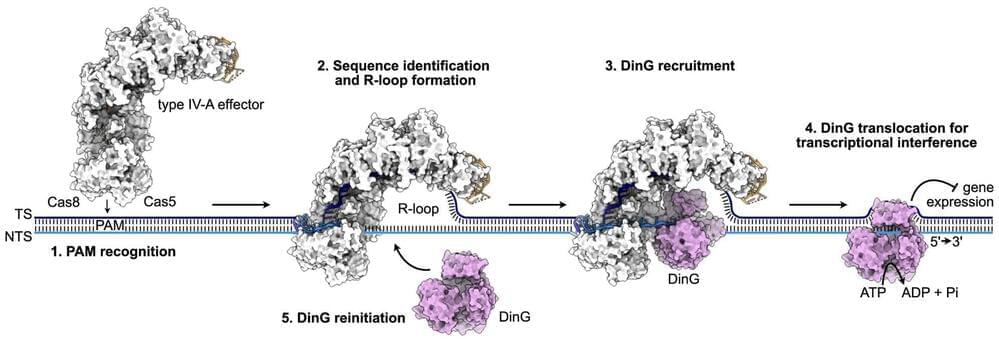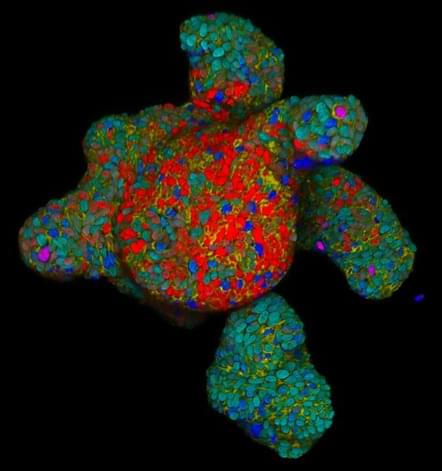
A multi-institutional group of researchers led by the Hubrecht Institute and Roche’s Institute of Human Biology has developed strategies to identify regulators of intestinal hormone secretion. In response to incoming food, these hormones are secreted by rare hormone producing cells in the gut and play key roles in managing digestion and appetite. The team has developed new tools to identify potential ‘nutrient sensors’ on these hormone producing cells and study their function. This could result in new strategies to interfere with the release of these hormones and provide avenues for the treatment of a variety of metabolic or gut motility disorders. The work will be presented in an article in Science, on October 18th.
The intestine acts as a vital barrier. It protects the body from harmful bacteria and highly dynamic pH levels, while allowing nutrients and vitamins to enter the bloodstream. The gut is also home to endocrine cells, which secrete many hormones that regulate bodily functions. These enteroendocrine cells (EECs, endocrine cells of the gut) are very rare cells that release hormones in response to various triggers, such as stretching of the stomach, energy levels and nutrients from food. These hormones in turn regulate key aspects of physiology in response to the incoming food, such as digestion and appetite. Thus, EECs are the body’s first responders to incoming food, and instruct and prepare the rest of the body for what is coming.
Medications that mimic gut hormones, most famously GLP-1, are very promising for the treatment of multiple metabolic diseases. Directly manipulating EECs to adjust hormone secretion could open up new therapeutic options. However, it has been challenging to understand how gut hormone release can be influenced effectively. Researchers have had trouble identifying the sensors on EECs, because EECs themselves represent less than 1% of cells in the intestinal epithelium, and in addition the sensors on these EECs are expressed in low amounts. Current studies mainly rely on mouse models, even though the signals to which mouse EECs respond are likely different compared to those to which human EECs respond. Therefore, new models and approaches were required to study these signals.


